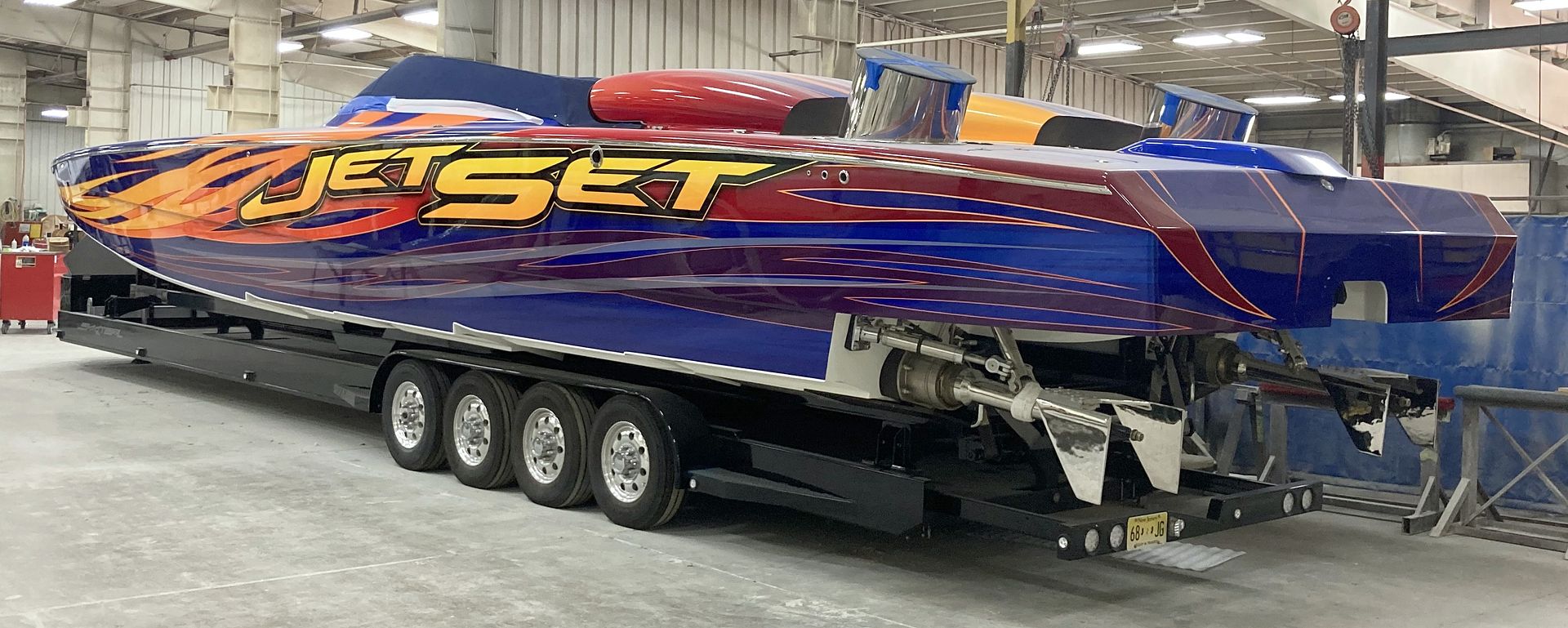Steve Miklos
Charter Member / Competitor
Guys are your boats CG approved?
We have some great resources on here who are or have been USCG. CG rules and requirements are not bad things. Items like anti syphon valves CG fuel approved pumps, tanks even wire can make the difference between life and death. These are not luxury items or safety bonuses they are the law.
Another consideration is that every insurance policy I have ever read requires your vessel meet all USCG specifications. Guy's like Brad Shoenwald Tres etc are a wealth of information. Reviewing your boats rigging could save your life or prevent an insurance claim from being declined.
Just because a boat is "as shipped"does not mean it complies. I have witnessed boats gaining serious magazine praise with no mention of the failure to to meet USCG specifications.
Do yourself and your riding crew a favor review your boats fuel systems wiring etc. and fix anything that is not up to USCG specifications.
Thansk
Steve
We have some great resources on here who are or have been USCG. CG rules and requirements are not bad things. Items like anti syphon valves CG fuel approved pumps, tanks even wire can make the difference between life and death. These are not luxury items or safety bonuses they are the law.
Another consideration is that every insurance policy I have ever read requires your vessel meet all USCG specifications. Guy's like Brad Shoenwald Tres etc are a wealth of information. Reviewing your boats rigging could save your life or prevent an insurance claim from being declined.
Just because a boat is "as shipped"does not mean it complies. I have witnessed boats gaining serious magazine praise with no mention of the failure to to meet USCG specifications.
Do yourself and your riding crew a favor review your boats fuel systems wiring etc. and fix anything that is not up to USCG specifications.
Thansk
Steve
